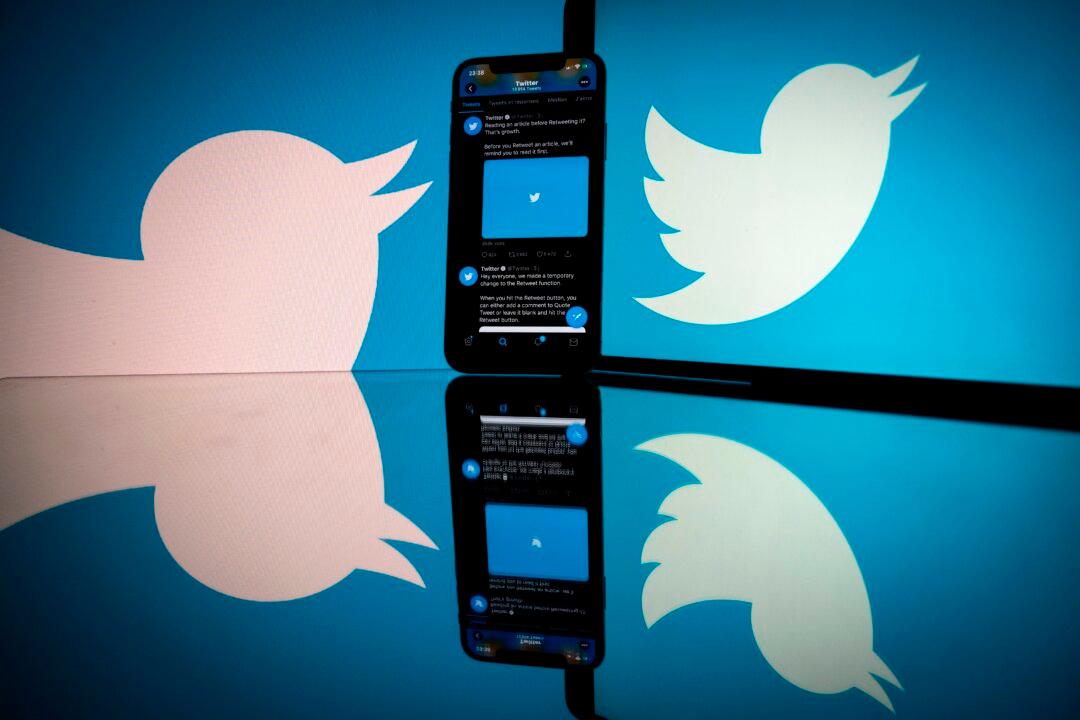The Chinese regime is heavily relying on Twitter and Facebook to broadcast its state propaganda to the global audience and its online effort has been amplified by fake Twitter accounts, according to recent reports.
“We find that the PRC [People’s Republic of China] is increasingly seeking to use its diplomats to amplify the outward-facing propaganda dissemination of state-backed media outlets,” stated Marcel Schliebs, lead author of a report titled “China’s Public Diplomacy Operations, according to a press release.




